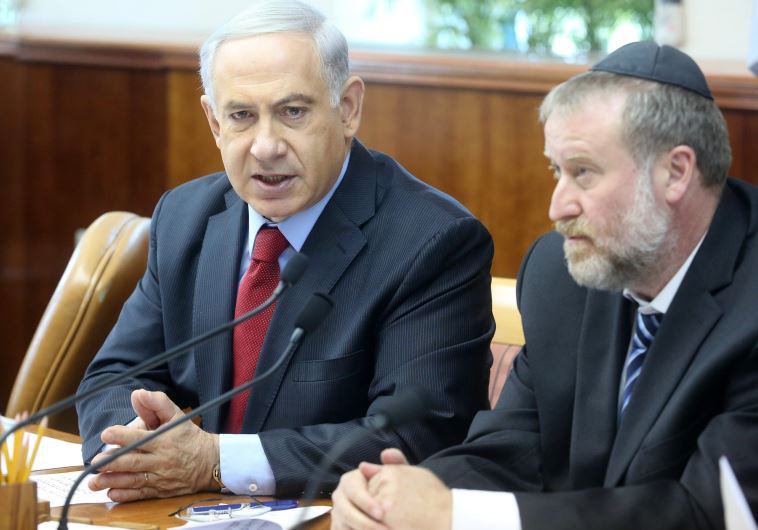State must defend right to protest near A-G’s home, petitioners tell court
Saturday night protests near the attorney-general's house have been running for more than 40 weeks.
 Avichai Mandelblit and Netanyahu(photo credit: MARC ISRAEL SELLEM/THE JERUSALEM POST)
Avichai Mandelblit and Netanyahu(photo credit: MARC ISRAEL SELLEM/THE JERUSALEM POST)